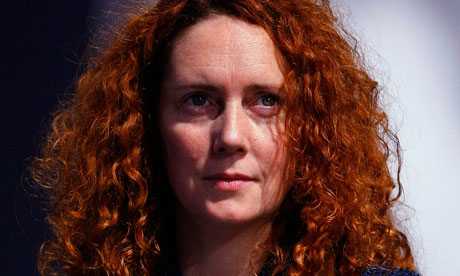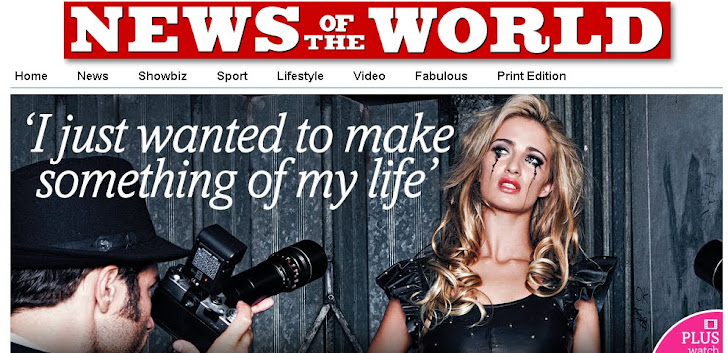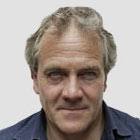Rupert Murdoch's arrogant empire must be reined in
News International has become too influential for the good of British society, writes Henry Porter

News International executives may hope that the departure of Andy Coulson will take the heat out of the phone-hacking story, but it has almost certainly come too late. Although the interception of perhaps thousands of public figures' messages took place during his editorship, it has recently become clear that Coulson was simply a prominent distraction.
Of course, the Labour leadership seems satisfied with the scalp because it allows Ed Miliband to make predictably disparaging remarks about David Cameron's judgment, but the real case against News International is being made by the former Labour deputy prime minister, Lord Prescott, who has cast doubt on the investigation by the Metropolitan Police and the follow-up by the Crown Prosecution Service.
The apparent failure of both organisations, together with the cover-up by News International, are the radioactive elements of the story. They are what Ed Miliband should be focusing on.
What is so striking about this affair is that we know so much.
There is a long list of well-known people who are suing News International, which has already spent millions of pounds to prevent the issue being aired in court.
Despite Murdoch's insistence that News International has zero tolerance of criminal activity and will do everything in its power to comply with police investigations, the company is still paying the legal costs of Glenn Mulcaire, the private detective who ran the hacking operation and is the one man who knows the identities of all the executives who were aware of his activities.
Names are surfacing: first it was Ian Edmondson, the news editor of the News of the World who was suspended before Christmas, and now Greg Miskiw, a former assistant editor.
The gossip mill is throwing up more names, and quite by chance last week I met a well-known person whose phone was hacked but who decided on balance that News International was just too powerful and vindictive to take on.
When a company is so influential that it skews the legitimate means of redress in a civil society, that society should take note, ask if it serves the people's best interests and question whether it should be allowed to increase that power, in this instance through a merger with BSkyB.
News International has shown a shocking arrogance since the imprisonment of royal correspondent Clive Goodman for listening to the phone messages of Prince William and Prince Harry, and more particularly the absence of the moral standards that we expect to inform the judgment of a large public company.
It has also displayed an absence of leadership, which may or may not be corrected by the appearance of Rupert Murdoch in London this week.
It is suggested by insiders that Murdoch is in thrall to Rebekah Brooks, the managing editor of NI and former editor of the Sun and News of the World, and will do anything to save her.
Yet the hard fact is that under her leadership this scandal has been allowed to fester.
Chequebook journalism has been elaborated into chequebook management, and that must be a concern for the directors of the company.
The affair has been mistaken for a Westminster spat over Andy Coulson's future, or a story that only interests journalists obsessed with their own industry, but in truth it is much more important, for the reasons that John Prescott has been consistently articulating since he learned that his phone had been targeted.
At the heart of everything is Rupert Murdoch's considerable personal power, which he wields to menace any government that stands in the way of his commercial ambitions or offends his basically conservative agenda.
Around News International there exists a kind of dark energy that is capable of influencing matters without Murdoch executives even having to lift the phone to deliver a threat.
People know what the company wants and tend to step aside, which partly, I suspect, explains the failure of the police to investigate the case with anything resembling enthusiasm.
That may also apply to the Crown Prosecution Service, though last week it began to act with much more vigour.
There appears to be some sort of unspoken agreement between the police and the company that the Met would not press home the investigation. But the fact remains that criminal activity of a very disturbing kind, widespread and seemingly embedded in the News International culture, has not been properly investigated. We must ask how long phone hacking has been a standard practice at the News of the World and whether it was in fact used by previous editors.
There are many decent journalists working for News International, and Murdoch owes it to them to clean house. If he doesn't act now it certainly will become a disaster for the company.
Meanwhile, the political parties – indeed the whole of British society – must see this as an opportunity to examine the role played by Murdoch in our national life and assess whether it might be desirable to limit and control an organisation that is a law unto itself.

